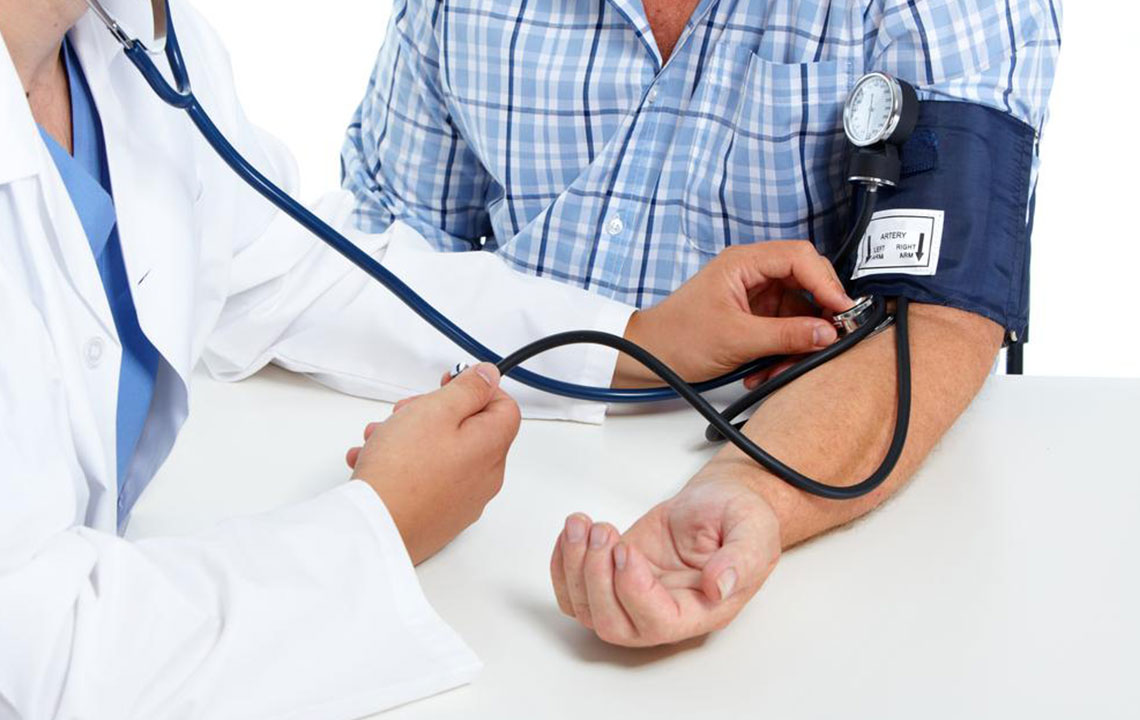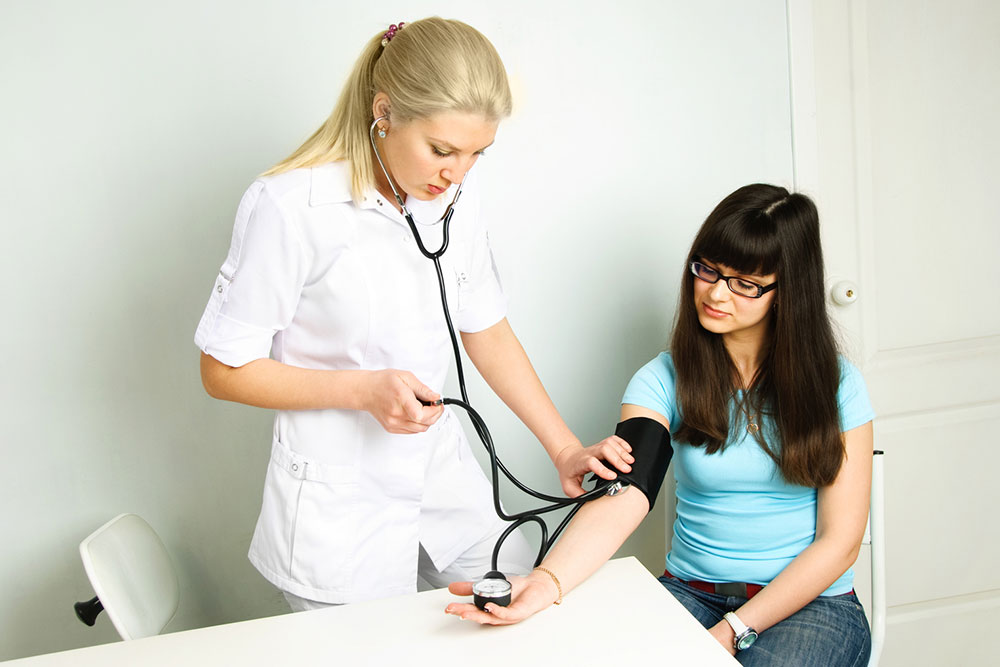Understanding Hypertension: Signs, Causes, and Management Strategies
Hypertension, often called the 'silent killer,' affects millions worldwide. This article covers its symptoms, causes, blood pressure categories, and effective management strategies. Recognizing early signs and adopting lifestyle changes like healthy diet, regular exercise, and stress management can significantly reduce risks like stroke and heart disease. Regular check-ups are crucial for early detection. Prioritize your health to prevent the serious consequences of high blood pressure with practical tips and awareness.

Understanding Hypertension: Signs, Causes, and Management Strategies
Understanding Hypertension: Signs, Causes, and Prevention
Hypertension affects approximately 85 million individuals nationwide and is prevalent particularly among older adults. It is commonly known as high blood pressure, a condition where the force of blood against artery walls is elevated. Blood pressure readings are expressed with two numbers: systolic (top) and diastolic (bottom). The systolic indicates pressure during heart contractions, while diastolic reflects pressure when the heart relaxes.
Blood pressure categories include:
Normal: Less than 120/80 mmHg
Elevated: 120-129/<80 mmHg
Stage 1 Hypertension: 130-139/80-89 mmHg
Stage 2 Hypertension: 140+/90+ mmHg
When blood pressure is high, the heart and vessels work harder, causing damage over time to artery tissues due to increased force and friction.
Several factors can contribute to elevated blood pressure, including:
Use of certain medications like birth control pills, decongestants, or painkillers
Accumulation of fats within arteries
Kidney impairments
Sleep disorders such as sleep apnea
Thyroid and adrenal gland issues
Smoking and alcohol consumption
Obesity and high salt intake
Stress, aging, and genetic predisposition
Hypertension Symptoms
Since early hypertension often lacks symptoms, it's called the 'silent killer.' Detection usually occurs during routine check-ups or due to unrelated health issues. Severe cases might show symptoms like irregular heartbeat, nosebleeds, fatigue, vision problems, chest discomfort, confusion, or neurological signs. Untreated high blood pressure can lead to life-threatening events like strokes or heart attacks.
Managing Hypertension
To control high blood pressure, adopt lifestyle modifications such as:
Follow a low-sodium diet: Reduce salt intake by avoiding processed foods rich in sodium.
Consume potassium-rich foods: Fruits and vegetables like bananas, apricots, melons, and leafy greens help balance sodium levels.
Engage in regular exercise: Activities like walking, cycling, swimming, or jogging 5 days a week help lower blood pressure.
Practice deep breathing: Regular deep breathing reduces stress and calms the nervous system.
Control stress: Relaxation techniques, positive thinking, and social activities help manage stress levels.
Quit smoking: Avoiding nicotine helps prevent arteries from narrowing and hardening, lowering hypertension risk.
Monitoring and managing blood pressure through these measures can significantly reduce the risk of severe health complications. Regular medical check-ups are essential for early detection and effective management of hypertension.
Disclaimer: The information provided is for educational purposes and should not replace professional medical advice. Consult healthcare providers for personalized diagnosis and treatment plans.










